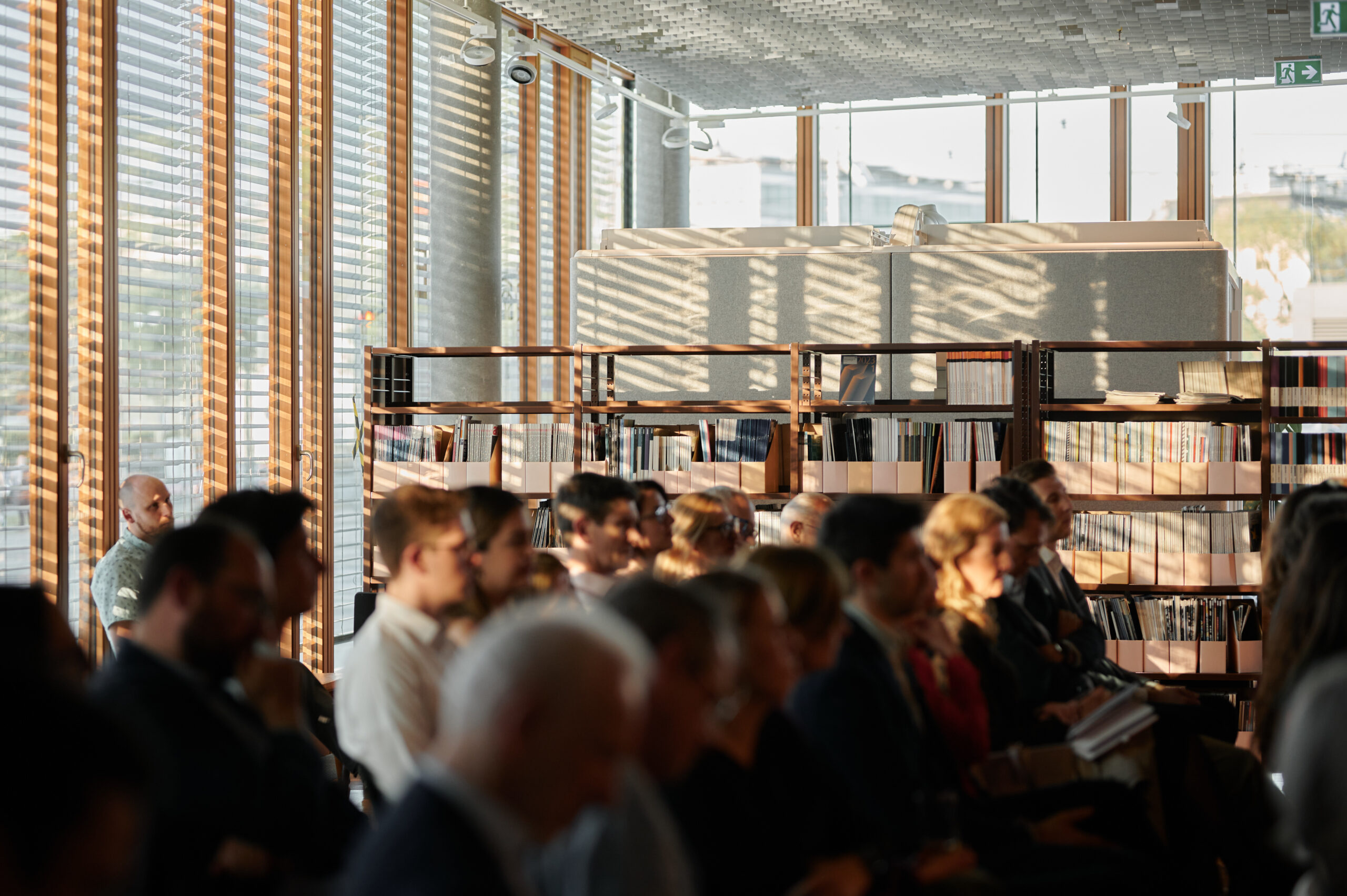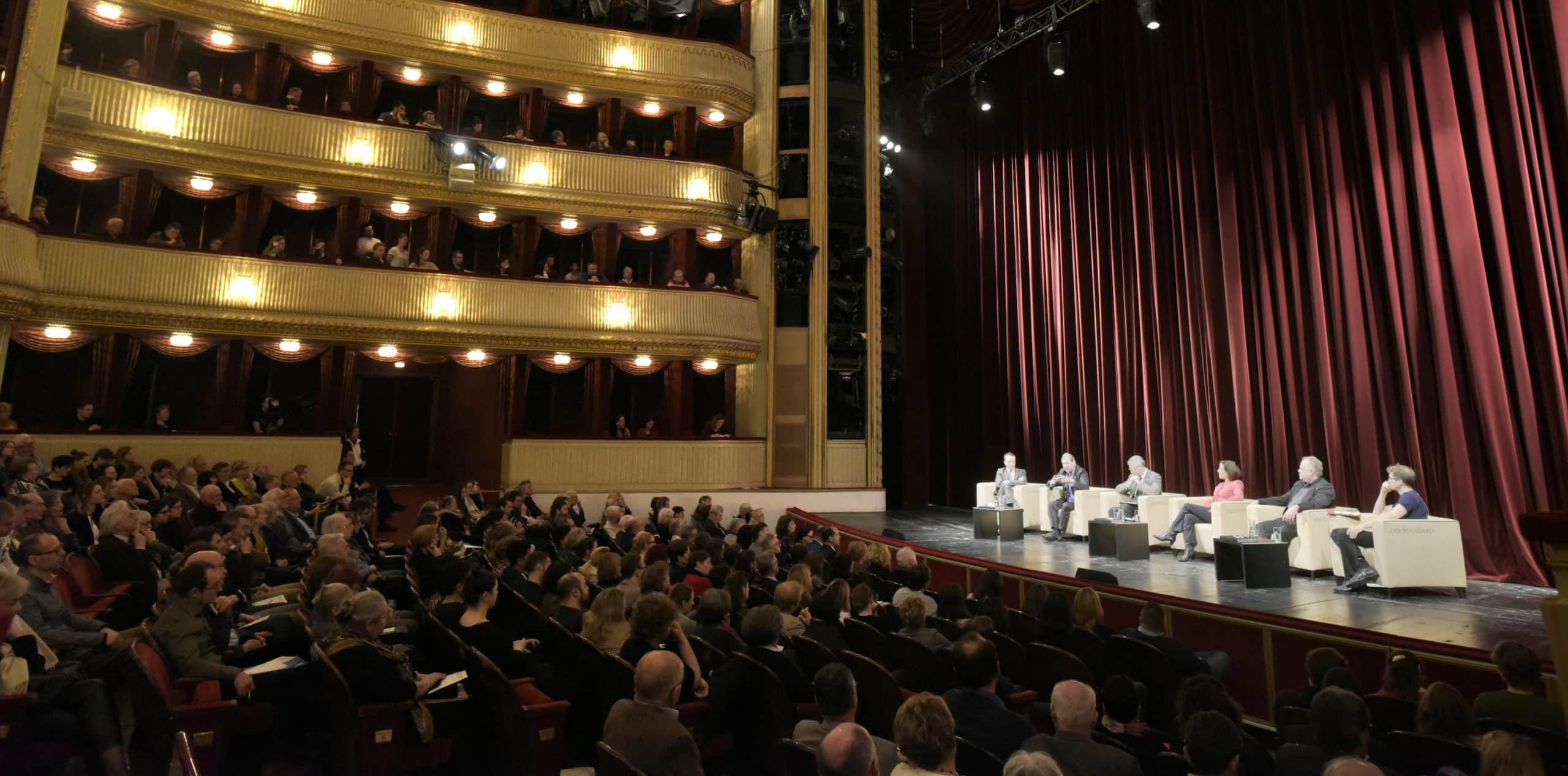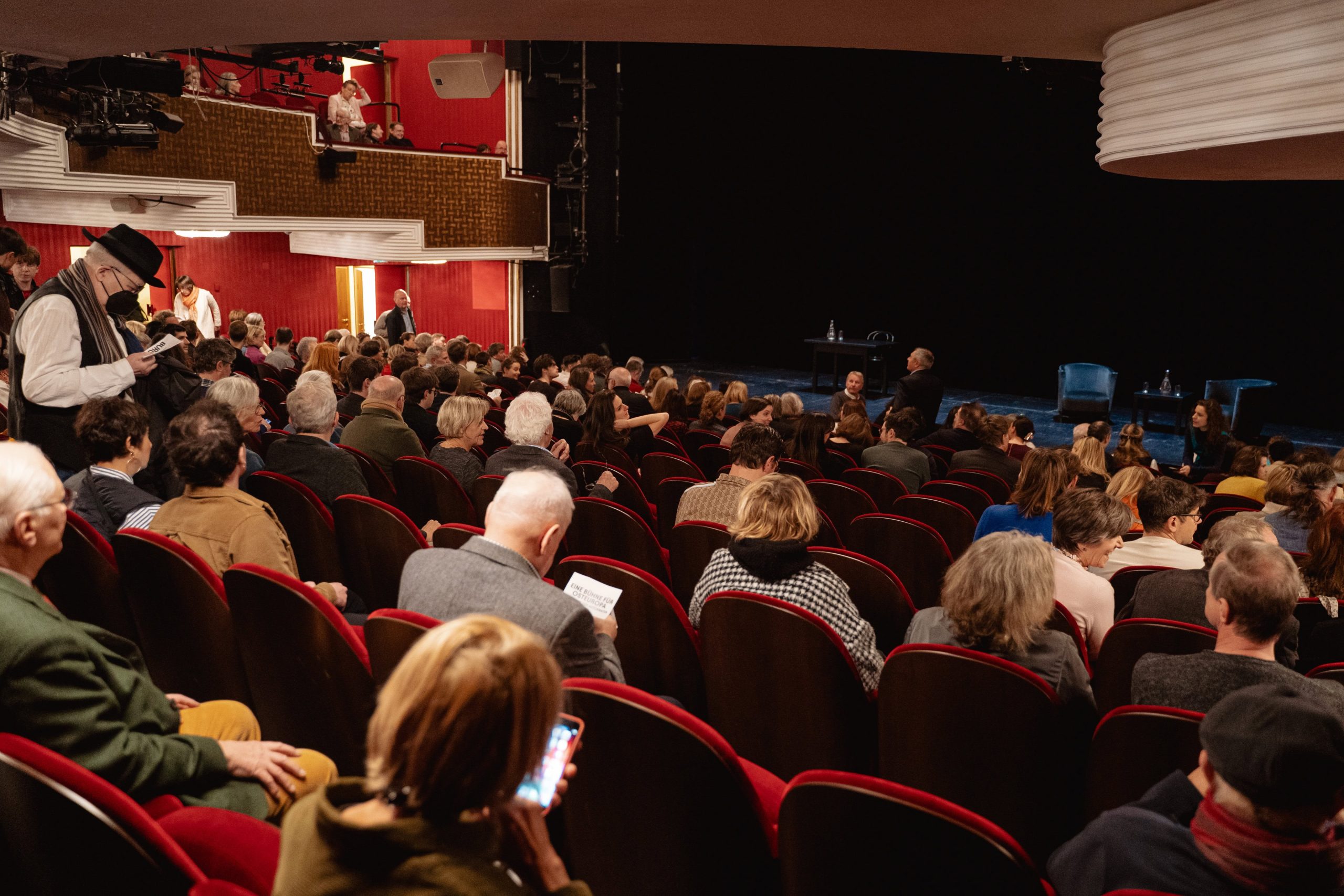Event
25 November 2025
Reading Time: 2'

„EU(dys)topia – Imagining Europe’s Future(s)“
25 November 2025, 18:00
ERSTE Foundation, Am Belvedere 1
In this evening discussion with renowned historian and author Philipp Blom, we set out to explore what Europe as terra nova could look like and to discover new pathways for reimagining Europe’s future.
In the face of war, climate change, environmental disasters, the rise of authoritarianism, digital threats, and a multitude of other crises, many Europeans struggle to envision a future not overshadowed by catastrophe. What impact does the widespread sentiment that there is no common future worth striving for have on European societies – and how can it be prevented from becoming a self-fulfilling prophecy?
How can we foster a more constructive and forward-looking outlook on the future of Europe and the European Union? What stories must we tell, and what images must we create, in order to build a common European future? What categories of thinking—and what kind of language—are needed to enable Europe to face new realities?
Together with reknowned historian and author Philipp Blom, we will explore these questions in an evening of discussion and reflection. In short interventions, artists and researchers from the transdisciplinary project EU(dys)topia – Imagining Europe’s Future(s) will share their perspectives – through poems, visual art, and thought experiments – offering their outlooks and ideas on the future of Europe and European integration. The event will take place in Vienna and will also be streamed online.
Attend online (via Zoom)Agenda
Opening
Restored file 2050.
Poem by Barbara Delac
Discussion: EU(dys)topia – Imagining Europe’s Future(s)
Discussion with Philipp Blom, historian and author
Moderation: Martina Bachler-Huber
With short artistic interventions by: Vika Biran, writer and cultural researcher (Belarus), Marina Frenk, actress, musician and writer (Germany) and Amin Lebiad (illustrator, France)
Reception
Moderation by Martina Bachler-Huber
The event is fully booked. Please take the opportunity to attend the event online here.
In partnership with Stiftung Genshagen, and supported by the German Federal Foreign Office



